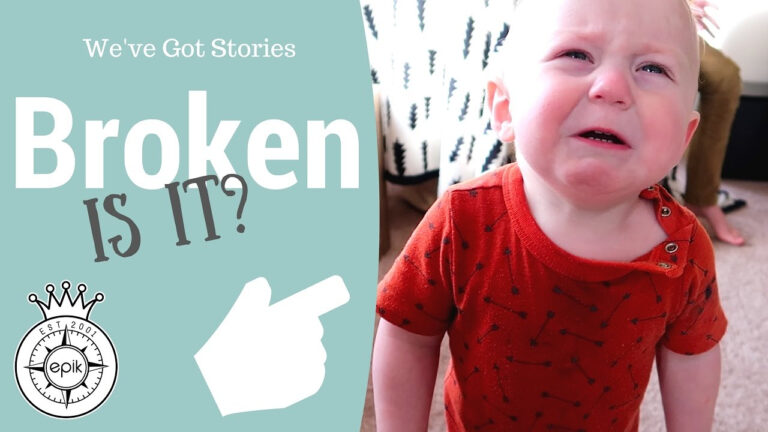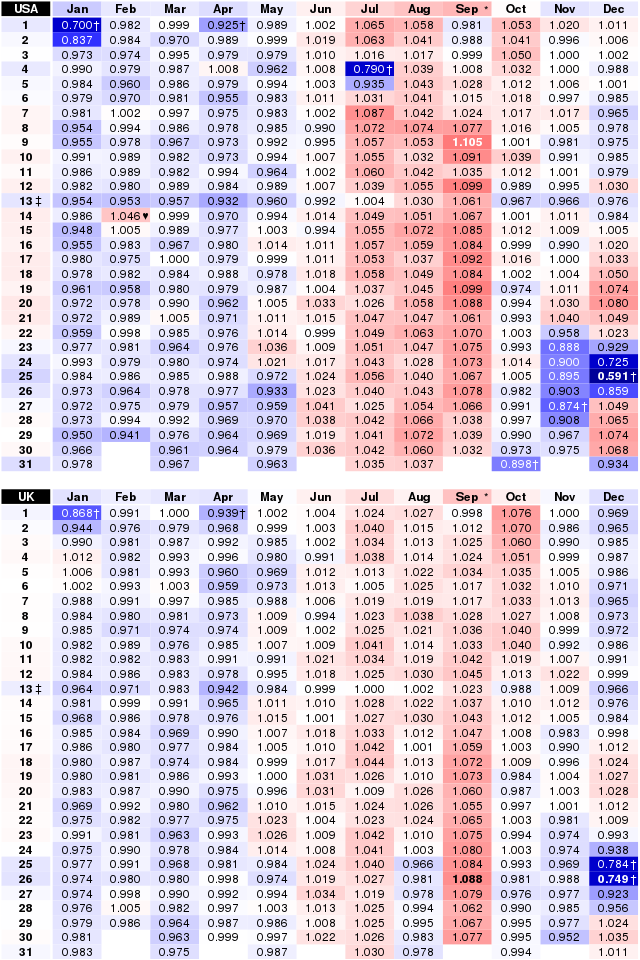How Long Is A Generation: Exploring the Evolution and Impact of Generational Change
Generations, a term often used to describe groups of people born within a specific time frame, have long fascinated historians, sociologists, and marketers alike. As societies evolve and technology advances, the concept of a generation and its characteristics continue to shift and redefine themselves, shaping the world around us in profound ways.
Throughout history, the definition of a generation has been fluid, influenced by social, cultural, and economic factors. In this article, we delve into the intriguing concept of generational change, exploring its historical evolution, key characteristics, and the profound impact it has on our society and culture.
How Long Is A Generation

The term “generation” is often used to describe a group of people who are born around the same time and share similar experiences. But how long is a generation, exactly?
There is no definitive answer to this question, as the length of a generation can vary depending on a number of factors, including the specific context in which the term is being used.
The Average Generation Length
In general, a generation is considered to be around 20 to 25 years long. This is based on the average age at which people have children, which is around 25 years old. So, a generation is typically made up of people who are born around the same time and who have children around the same time.
Generational Differences
While the average generation length is around 20 to 25 years, there can be significant differences between generations. For example, the generation that grew up during the Great Depression is often considered to be very different from the generation that grew up during the Baby Boom.
These differences can be due to a number of factors, including:
- Major historical events
- Technological changes
- Cultural shifts
As a result of these differences, it is important to remember that not all generations are the same. When talking about a generation, it is important to consider the specific context in which the term is being used.
The Future of Generations
The length of a generation is likely to continue to change in the future. As people live longer and have children later in life, the average generation length may increase.
Additionally, the rapid pace of technological change is likely to continue to have a significant impact on generations. As new technologies are developed, they will have a profound impact on the way people live and work.
It is difficult to say exactly how the length of a generation will change in the future. However, it is clear that the concept of a generation is constantly evolving.
FAQ Section
What is the average length of a generation?
The average length of a generation is approximately 20-25 years, although this can vary depending on factors such as life expectancy, social change, and technological advancements.
How do generational differences and similarities shape society?
Generational differences and similarities influence social norms, political ideologies, and economic trends. Different generations may have distinct values, beliefs, and experiences that shape their perspectives on various societal issues.
How can we bridge generational gaps and foster intergenerational relationships?
Bridging generational gaps requires open communication, empathy, and a willingness to learn from one another. Intergenerational relationships can be fostered through family, education, and community initiatives that promote dialogue and collaboration.





